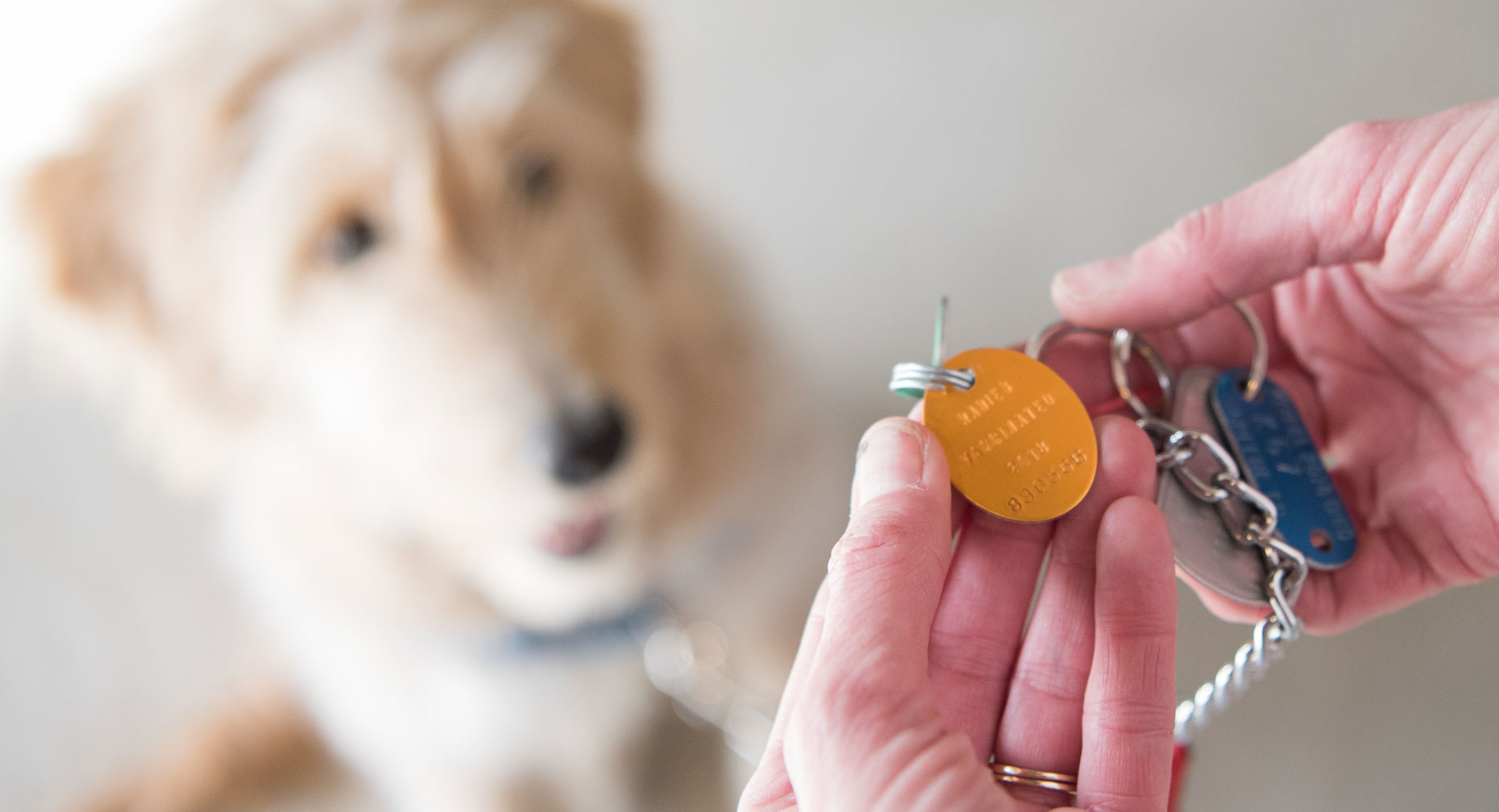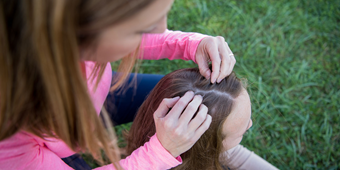What to Do When Animals Bite

Answer a few questions and we'll provide you with a list of primary care providers that best fit your needs.
Many of us will experience an animal bite in our lifetimes. Most often, a family pet will be the biter.
Dogs are the No. 1 source of animal bites. Cats, wild and domestic rodents, monkeys, reptiles and farm animals also contribute to the millions of animal bites in America each year.
If an animal bites you or a loved one, your first priority is to prevent infection. Bite wounds that become infected can cause tissue damage and life-threatening problems, especially if the animal carries rabies.
If an animal bites you or a loved one, your first priority is to prevent infection.
Caring for Bite Wounds
Many animal bites occur on the hand. If you have an animal bite that breaks through the skin, call your doctor right away or go to the nearest emergency room.
In many cases, a bite from a dog or cat that does not break the skin can be treated at home. Follow these steps:
- Gently wash the wound with soap and water
- Apply pressure with a clean cloth to stop bleeding
- Cover the bite with a sterile wound
- Keep the wound raised above your heart to prevent infection and swelling
If the bite is severe, or if bleeding does not stop after applying pressure for 15 minutes, go to the emergency room.
You will likely need medical care if:
- The bite is from a wild or stray animal
- Your fingers become pale or numb
- You can’t move your fingers
- There is swelling or bruising around the wound
- It’s been five years since your last tetanus shot
Bites from cats are more likely to cause infection because cat teeth are sharp and can cause deep puncture wounds, trapping bacteria below the skin. Cats also carry bacteria that can cause cat scratch disease.
Rabies is a viral infection carried by bats, coyotes, foxes, raccoons and skunks. These wild animals can infect domestic cats, dogs and livestock.
Rabies can be controlled with a vaccine when given soon after a bite. Left untreated, rabies can be fatal.
Signs of Infection
Bites can become infected even if the wound does not appear severe. Call your doctor right away, if you see any of the following signs of infection:
- Swelling and redness around the bite area
- Warmth at the wound site
- Pain after 24 hours
- Drainage from the wound
- Red streaks on the skin spreading out from the bite
- Swollen glands near the bite
- Fever
- Tiredness
- Night sweats
- Shakes
Treatment Options

When you seek immediate treatment for an animal bite, you reduce the risk of infection.
Your wound will be examined, and you’ll be asked about how the bite happened. A description of the animal and its behavior can help your care provider determine if you’re at risk of rabies. You’ll also be asked about your immunizations to check if you are up to date on tetanus shots.
Deep wounds or large wounds need careful cleaning and examination — sometimes by X-ray — to make sure no tooth fragments are left behind.
Other treatments may include:
- Cleaning the wound with a special solution
- Removing damaged tissue
- An exam to check for nerve, tendon or bone damage
- Checking for signs of infection
- Stitches or sutures to close the wound
- Antibiotics to prevent infection
- Tetanus shots or rabies vaccine, if needed
- A referral to a plastic or orthopedic surgeon to check and repair serious tissue or joint damage
Preventing Animal Bites
Take precautions to keep your family and pet safe from animal bites. This includes teaching your children to:
- Be gentle with pets
- Not put their face near a pet’s face
- Leave pets alone when they are eating
- Stay away from pets or animals that are fighting
- Always ask a grown-up before approaching someone else’s pet
- Avoid wild animals
Take time and choose your family pet carefully. Avoid aggressive animals and those that do not like children.
To keep you and your pet healthy and safe, follow these tips:
- Keep your pet’s vaccinations up-to-date
- Never leave a young child alone with a pet
- Do not try to separate fighting animals
- Keep your pets on a leash when in public
- Avoid contact with animals that are sick
- Do not approach or play with wild animals
- Supervise your pets to make sure they do not interact with wild animals
- Report stray or wild animals to your animal control agency
Answer a few questions and we'll provide you with a list of primary care providers that best fit your needs.
Source: American Society for Surgery of the Hand; Familydoctor.org; Healthychildren.org




